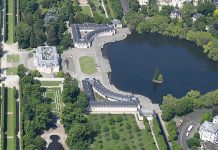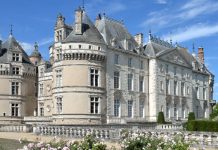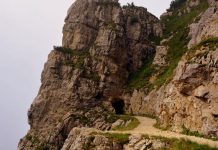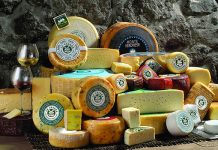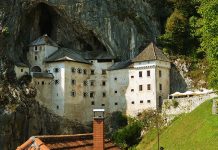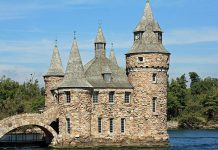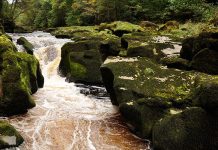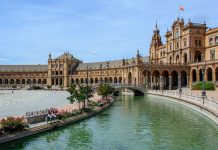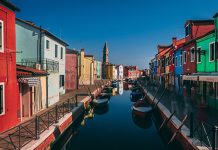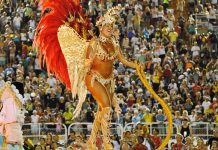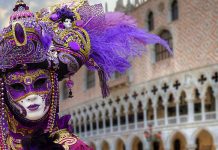Long-long time ago, in the 7th century, a monk-hermit lived on a small rocky island. He attempted to introduce Christianity to the Picts. His name was Donnán of Eigg. For his religious activity he was martyred, and later the island was called Eilean Donan, ie. the island of Donnán.

Photo: Petr Meissner, https://www.flickr.com/photos/myneur/15457803637/ (https://creativecommons.org/licenses/by/2.0/)

Photo: Sonse, https://www.flickr.com/photos/sonsespics/35438408283/ (https://creativecommons.org/licenses/by/2.0/)

Photo: Graham Norrie, https://www.flickr.com/photos/chuckrock/13975859412/ (https://creativecommons.org/licenses/by-nd/2.0/)

Photo: Peter Mulligan, https://www.flickr.com/photos/nagillum/2781433036/ (https://creativecommons.org/licenses/by/2.0/)
In order to protect from the Vikings, an impregnable fortress was built on the island in the early 13th century. To strengthen its power, another tower was erected in the Middle Ages.
For the faithful service and valor during the battle with the Vikings, King of Scotland Alexander II in 1263 gave a fortress to his patrial Colin Fitzgerald, whose descendants took the name of Mackenzie.

Photo: Barnabas Csomor, https://www.flickr.com/photos/113336006@N07/15987360787/ (https://creativecommons.org/licenses/by/2.0/)

Photo: sk, https://www.flickr.com/photos/irisphotos/4180163692/ (https://creativecommons.org/licenses/by-nd/2.0/)
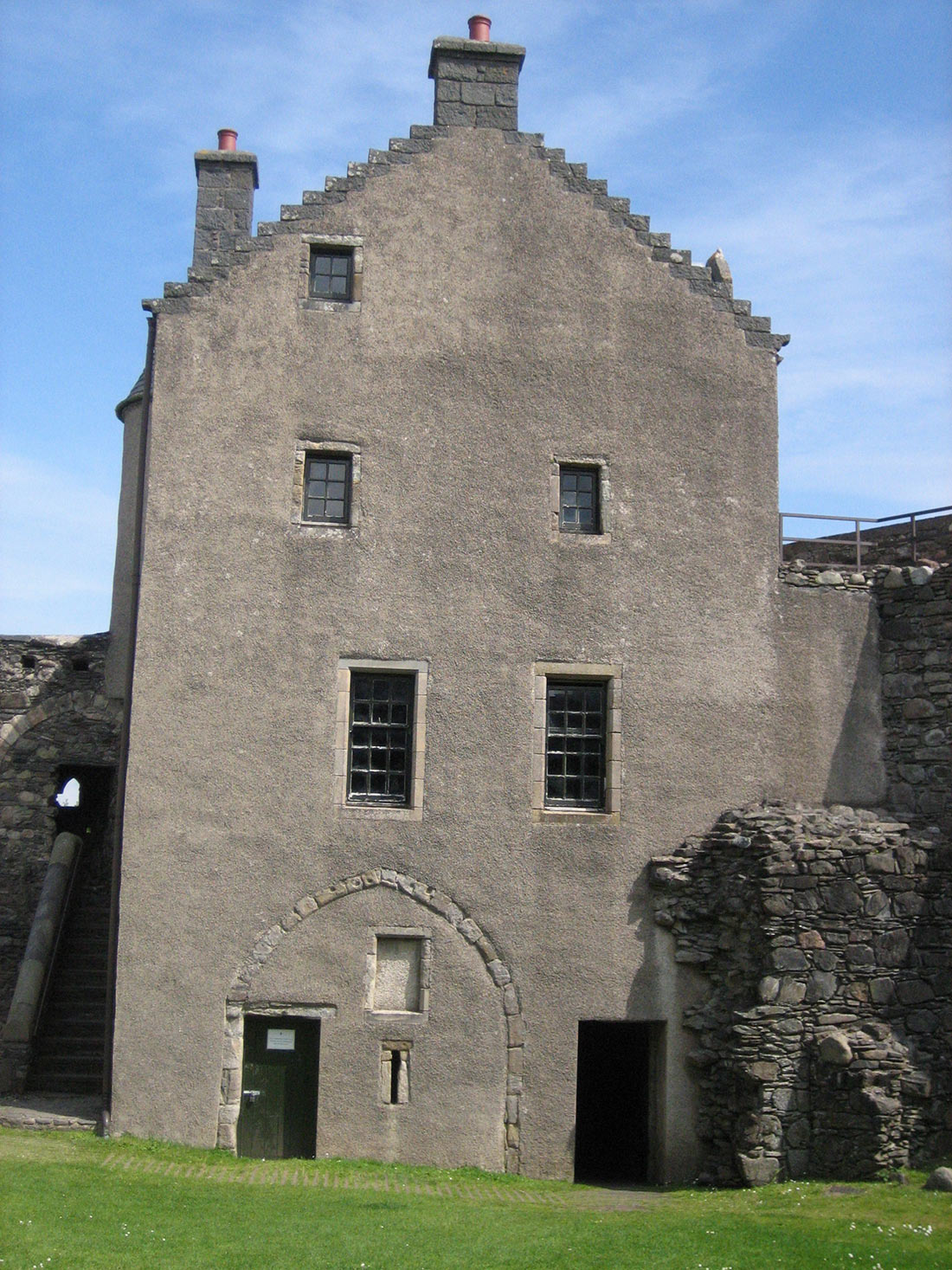
Photo: Maedi., https://www.flickr.com/photos/donmaedi/390897668/ (https://creativecommons.org/licenses/by-nd/2.0/)
Clan Mackenzie owned the castle for a couple of centuries, but in 1719 it was invaded by Spanish soldiers. A few days after the fortress was attacked by frigates of the Royal Navy.
During the conquest the British found the gunpowder stored inside, and decided to blow up the castle. Up to the beginning of XX century the ancient building was in ruins.
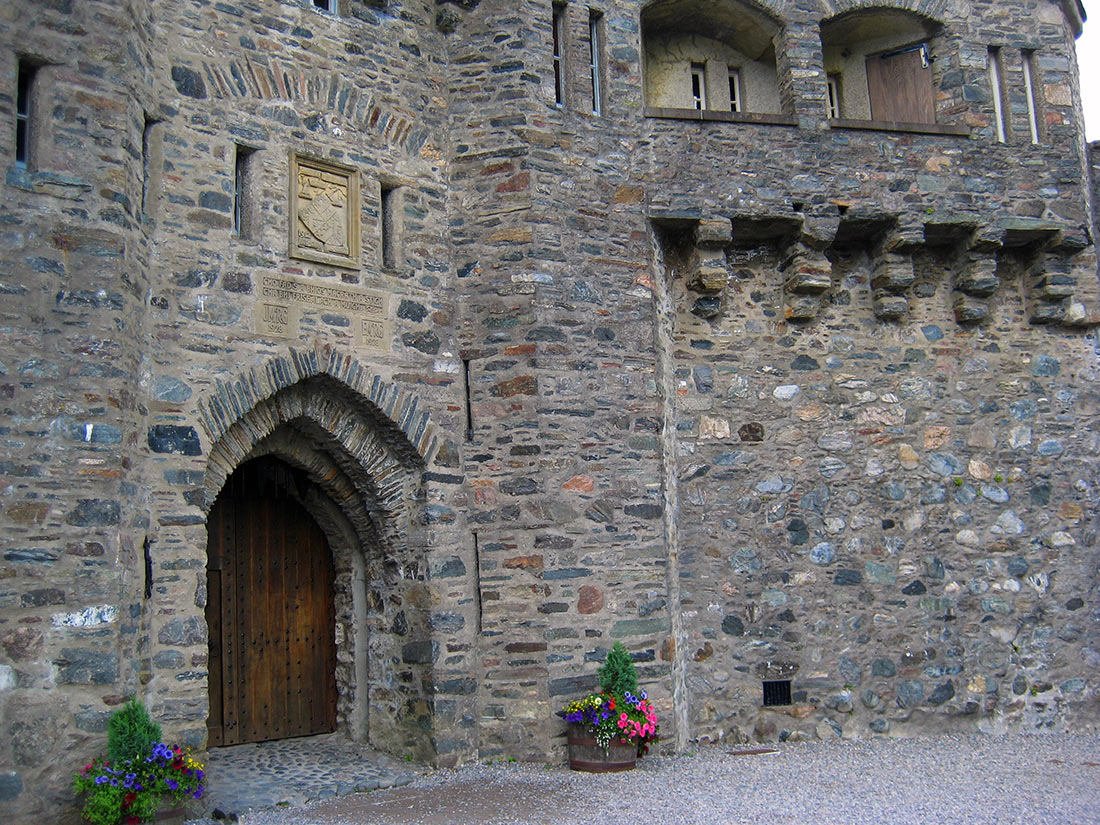
Photo: Cayetano, https://www.flickr.com/photos/cayetano/2779873459/ (https://creativecommons.org/licenses/by-sa/2.0/)
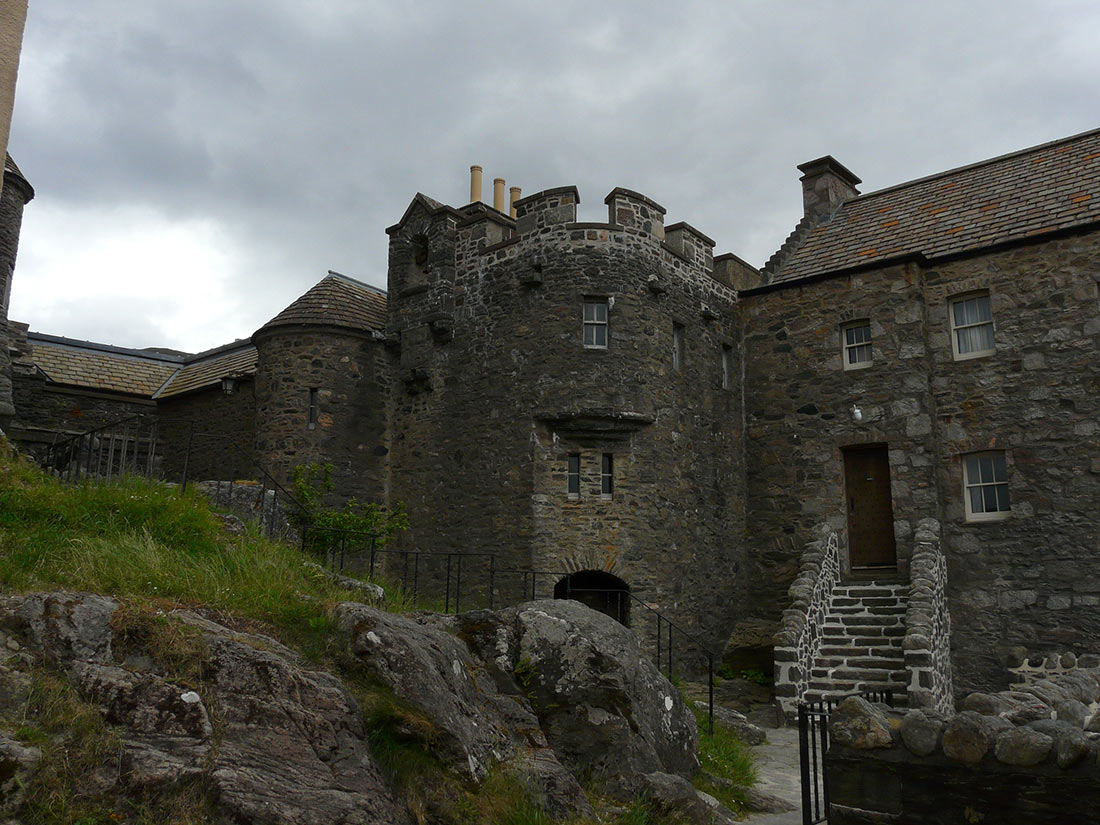
Photo: Loz Pycock, https://www.flickr.com/photos/blahflowers/9098265111/ (https://creativecommons.org/licenses/by-sa/2.0/)
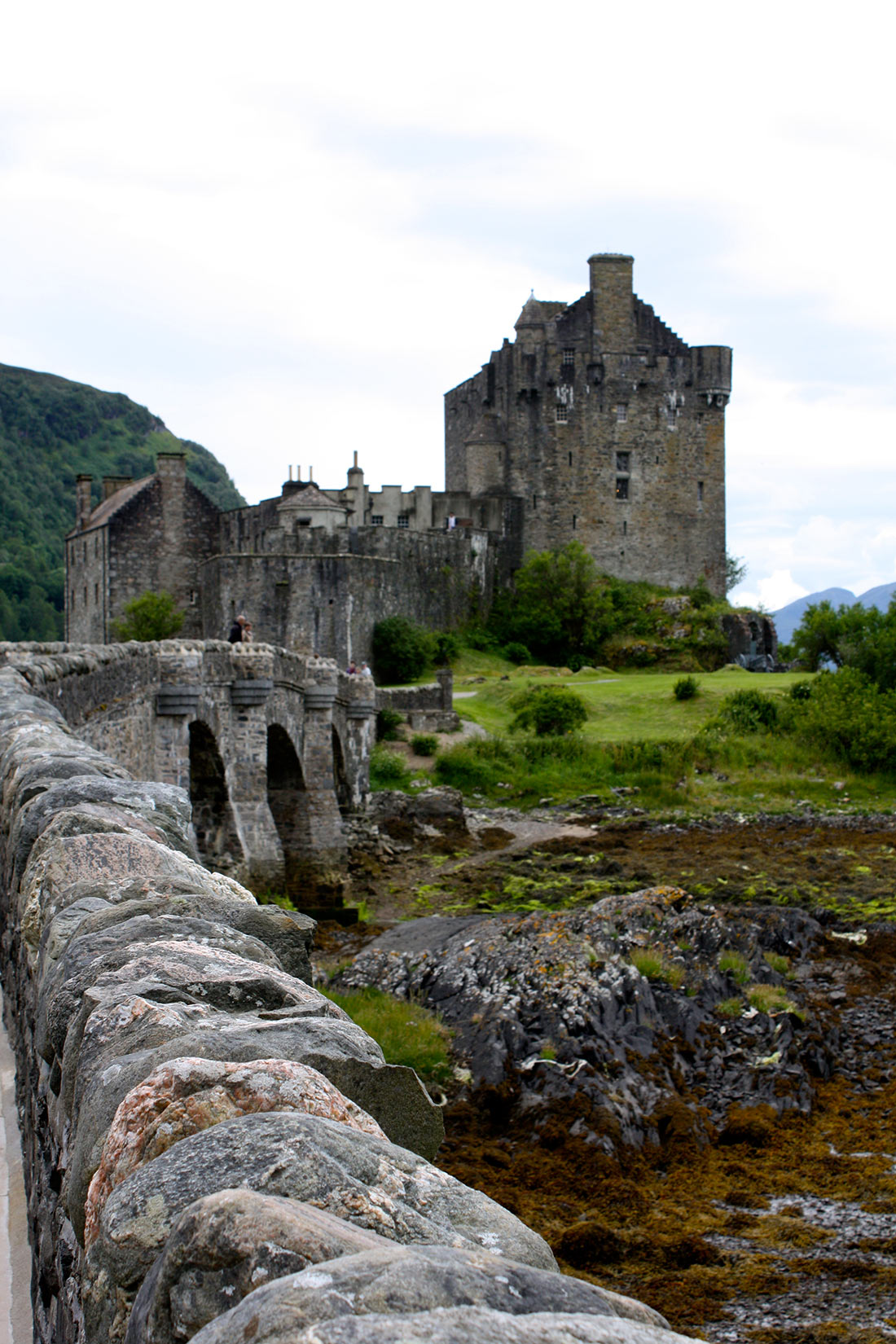
Photo: Kyle Taylor, https://www.flickr.com/photos/kyletaylor/3755184585/ (https://creativecommons.org/licenses/by/2.0/)
Leitenant-Colonel John McRae-Gilstrap bought the ruins in 1911 and started the reconstruction according to the old plans that were stored in Edinburgh. During the process that lasted 20 years, a stone bridge, connecting the island with the shore, was built.
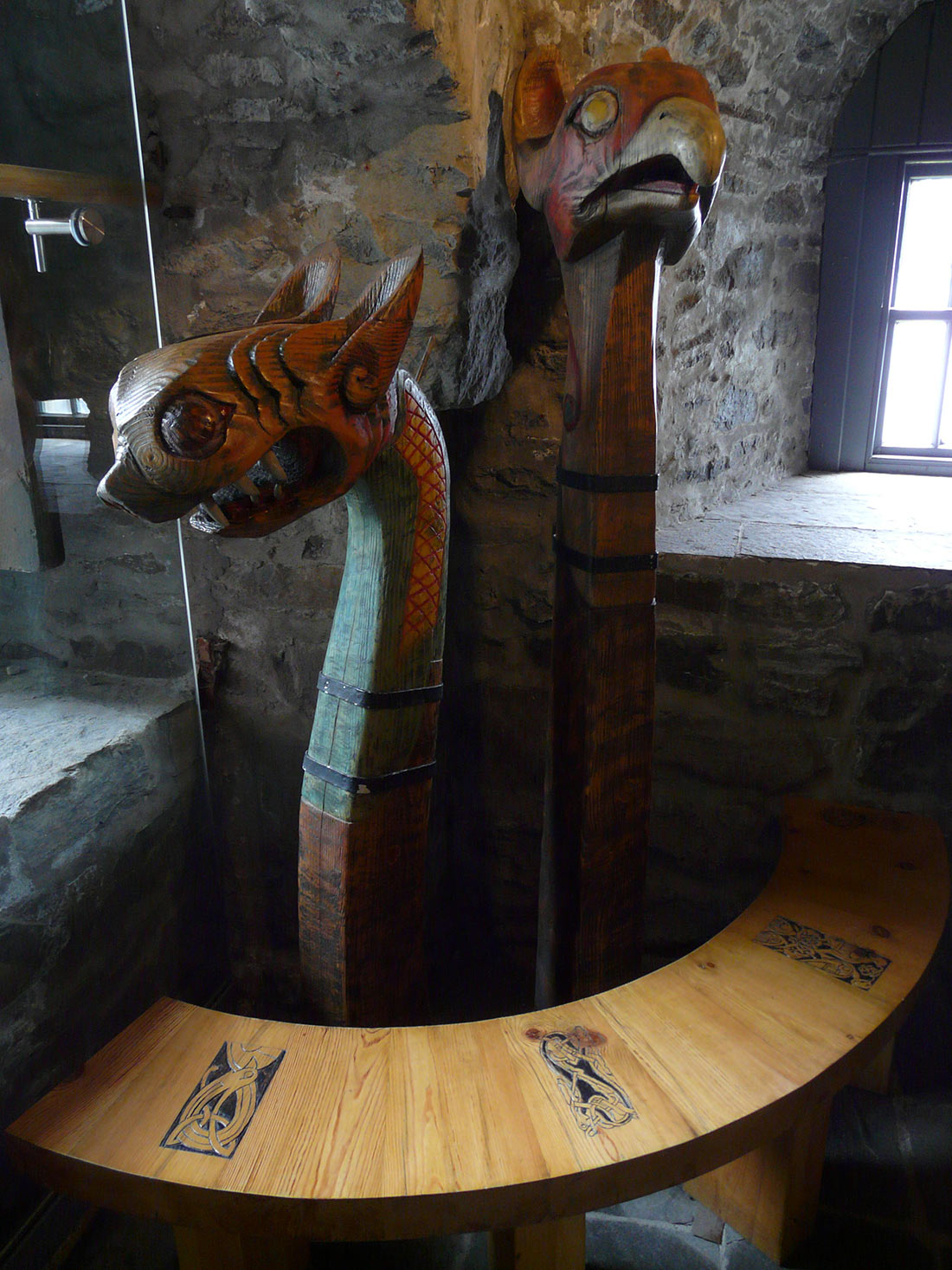
Photo: Loz Pycock, https://www.flickr.com/photos/blahflowers/9098290103/ (https://creativecommons.org/licenses/by-sa/2.0/)
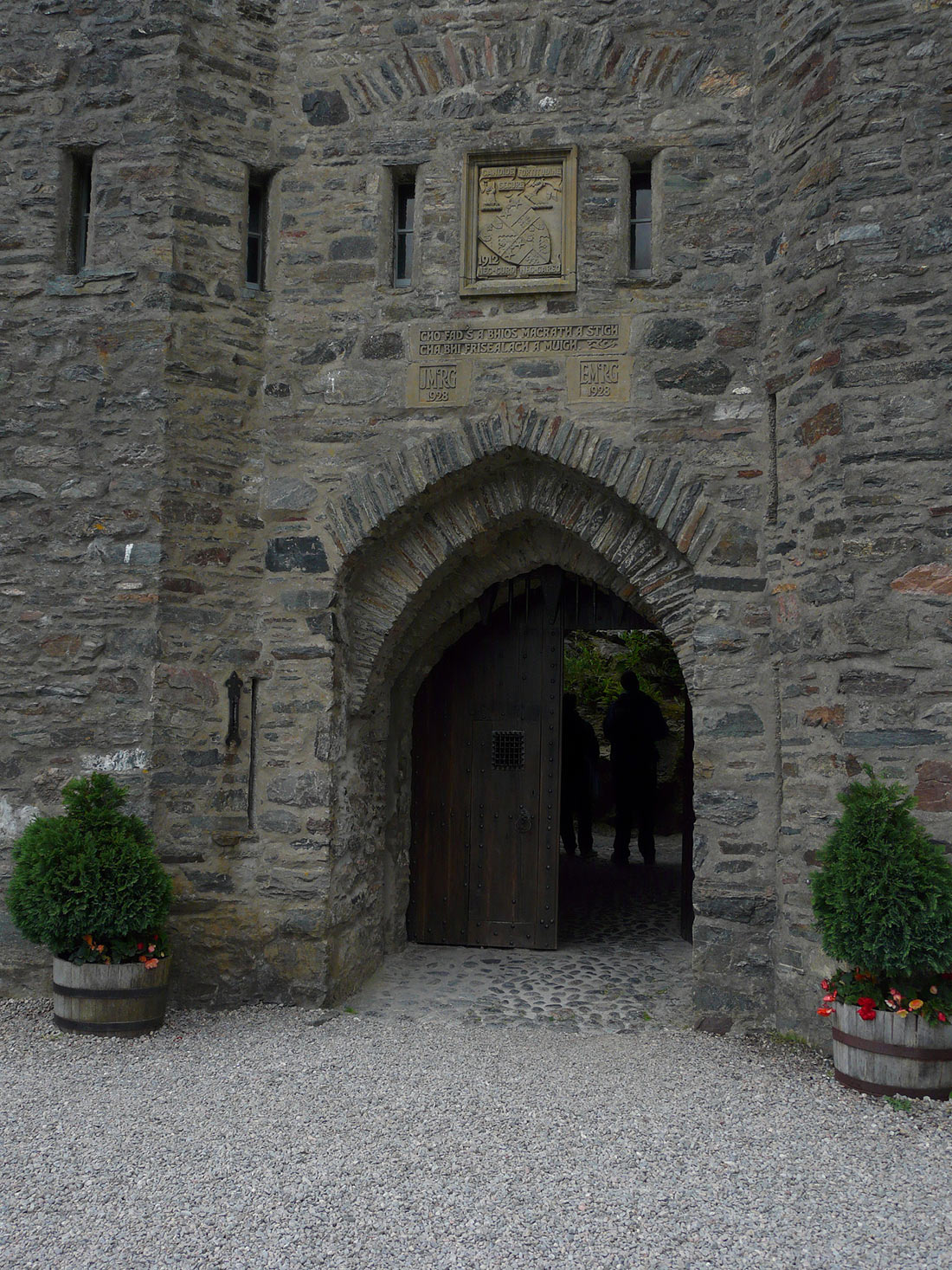
Photo: Loz Pycock, https://www.flickr.com/photos/blahflowers/9098302911/ (https://creativecommons.org/licenses/by-sa/2.0/)
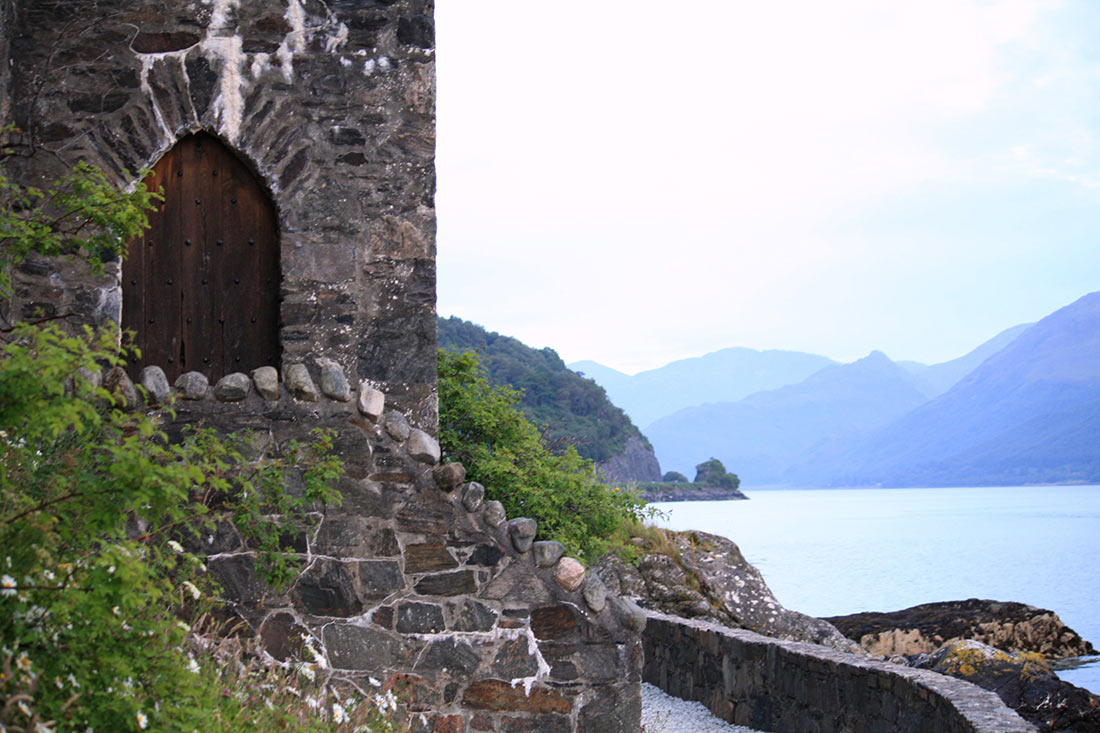
Photo: DavideGorla, https://www.flickr.com/photos/66321334@N00/6737238509/ (https://creativecommons.org/licenses/by/2.0/)
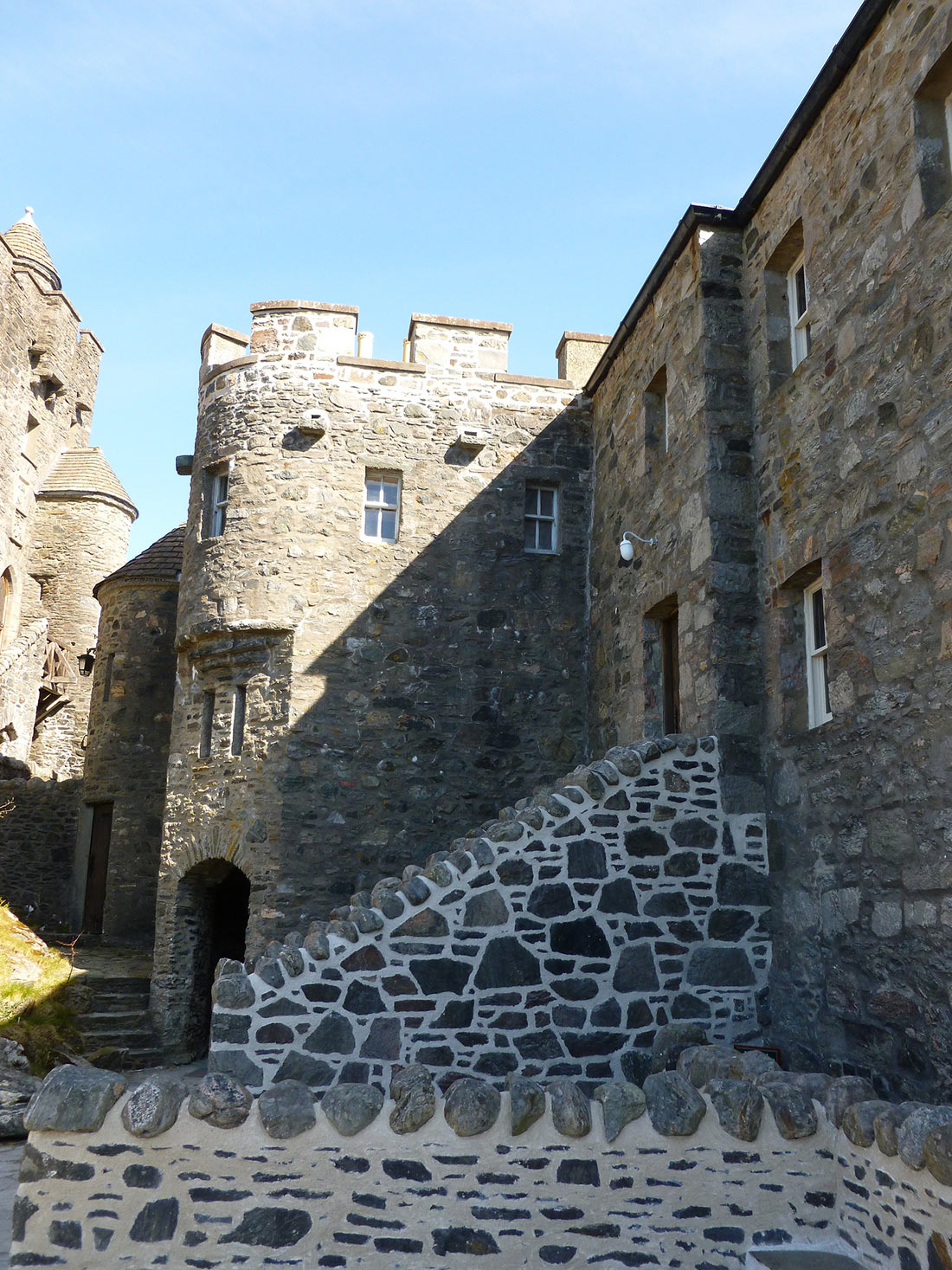
Photo: Guillaume Capron, https://www.flickr.com/photos/gcapron/8627046761/ (https://creativecommons.org/licenses/by-sa/2.0/)
Nowadays, the castle belongs to the Conchra Charitable Trust. This foundation supports it in good condition and tries to save it for descendants. Today Eilean Donan is one of the most iconic and recognizable castles in Scotland. After centuries it looks idyllic and romantic, but still silently keeps its long and sometimes dark history.
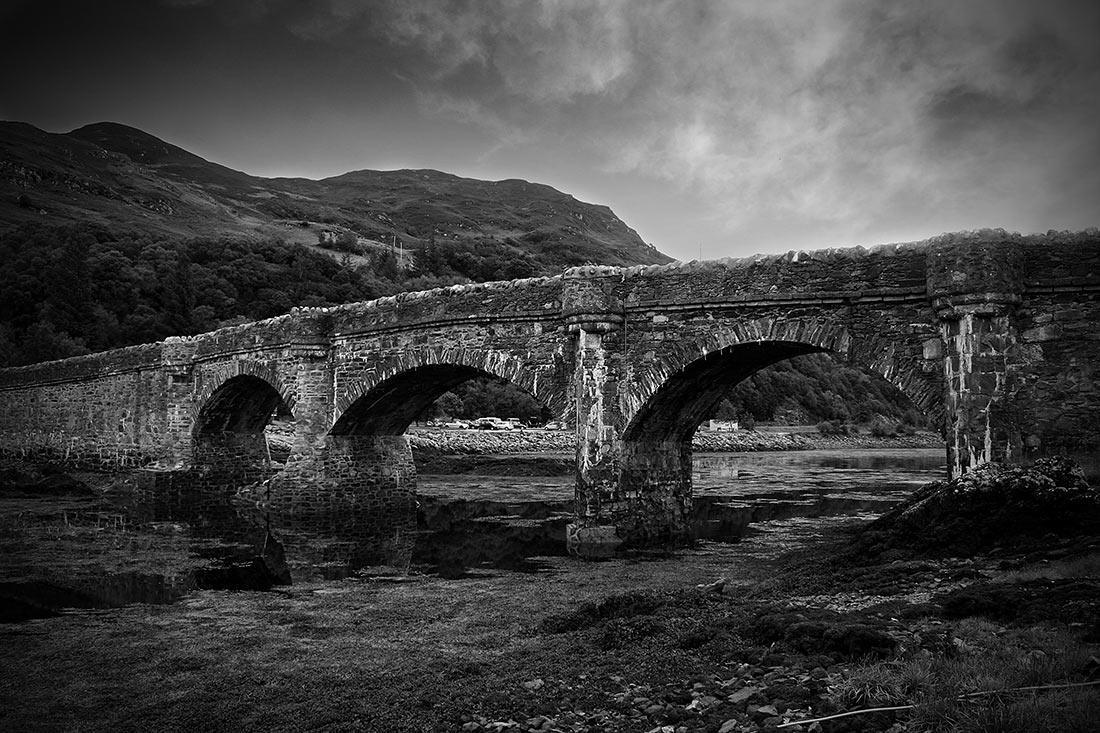
Photo: Paisley Scotland, https://www.flickr.com/photos/paisleyorguk/3128930125/ (https://creativecommons.org/licenses/by/2.0/)
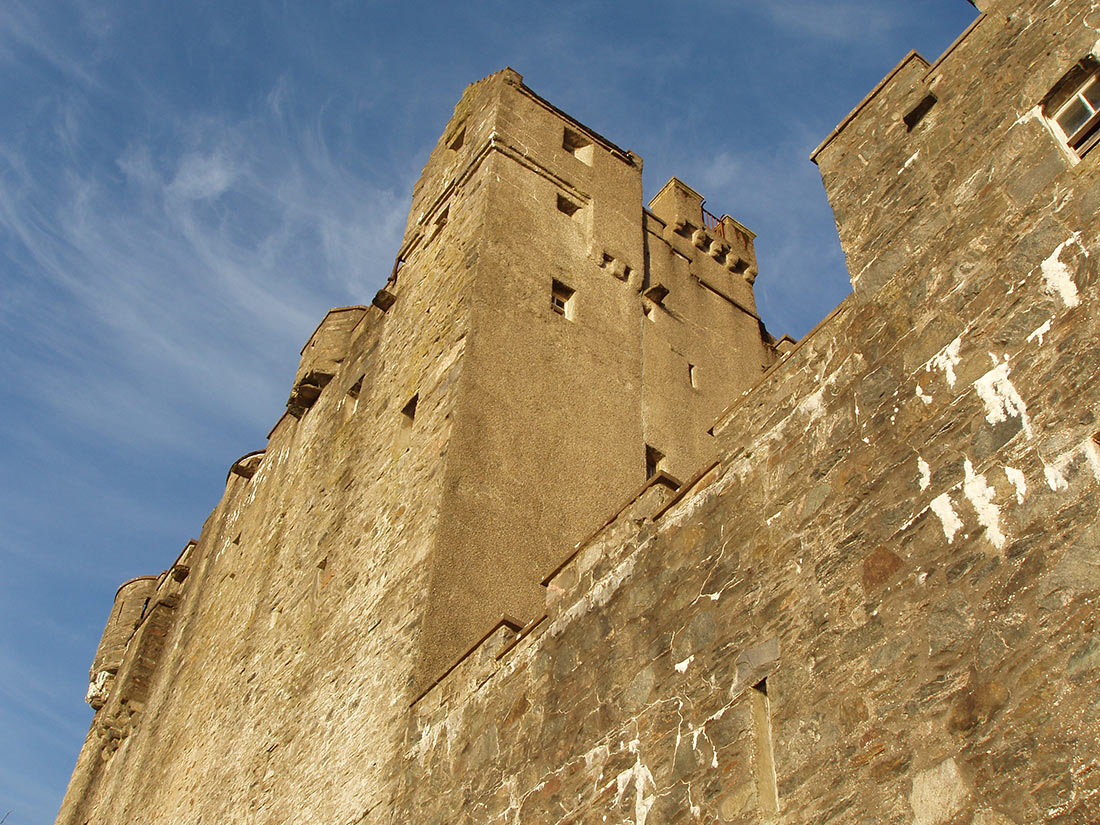
Photo: Brian Fitzgerald, https://www.flickr.com/photos/brian-fitzgerald/2470850505/ (https://creativecommons.org/licenses/by/2.0/)
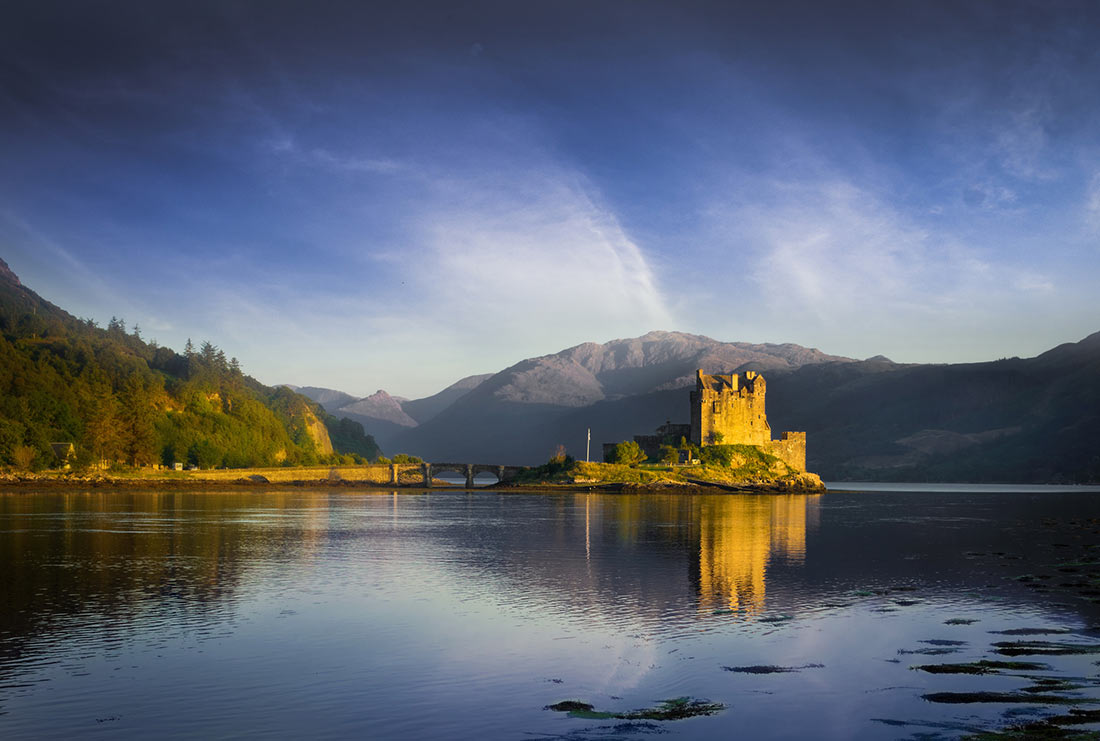
Photo: Neil Williamson, https://www.flickr.com/photos/neillwphoto/24498011466/ (https://creativecommons.org/licenses/by-sa/2.0/)
Preview: Petr Meissner, https://www.flickr.com/photos/myneur/15457803637/ (https://creativecommons.org/licenses/by/2.0/)


